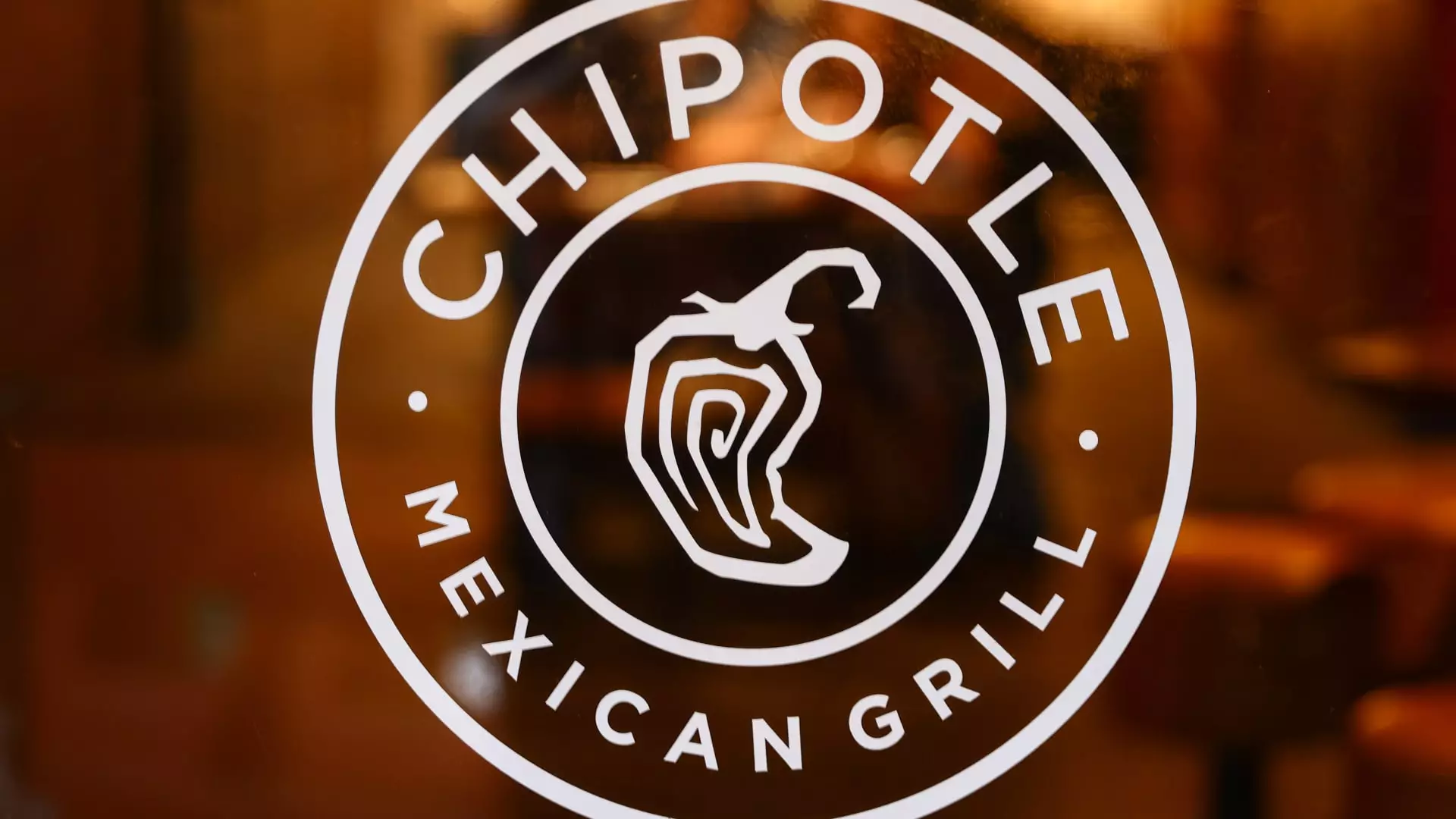Chipotle Mexican Grill’s ambitious move to open its first location in Mexico marks a significant chapter in its expansive story, but it is by no means the guaranteed success that the company seems to anticipate. While Chipotle’s ingredients and freshness resonate well with American consumers, entering the heartland of authentic Mexican cuisine introduces a level of cultural nuance that cannot be underestimated. The company’s marketing efforts may fall flat if they fail to understand the rich tapestry of Mexican food culture. Unlike U.S. palates, which have found a liking for processed ingredients and fast-food convenience, the Mexican consumer expects authenticity and tradition in their culinary experiences. In short, Chipotle is stepping into a culinary lion’s den—one that they may not navigate as expertly as they hope.
Economic Tensions: A Sword Hanging Over the Venture
The backdrop of Chipotle’s Mexican expansion is fraught with political tension. The ongoing trade war instigated during President Donald Trump’s administration has strained U.S.-Mexico relations, creating an uncertain economic landscape. The initial tariffs imposed on avocados from Mexico could easily turn into a larger issue that affects Chipotle’s supply chain and, ultimately, consumer prices. While the company has diversified its avocado sources, continuing to rely on a Mexican supply means exposing itself to volatility that could cripple its pricing strategy in an already competitive market. The optics of a U.S. company succeeding in Mexico during a time of diplomatic strain could also lead to backlash among locals who may view it as further American cultural encroachment.
Historical Precedents of Failure
Chipotle isn’t the first American brand to venture into Mexican territory only to stumble. Yum Brands’ Taco Bell has attempted and failed twice to find footing in Mexico. This historical dissonance should serve as a crucial lesson for Chipotle; just because a company thrives in the U.S. does not guarantee success abroad. Taco Bell’s failures highlight a significant gap between American perceptions of Mexican food and its authentic representations. Chipotle would be wise to invest in rigorous marketing starategies and local partnerships to avoid the pitfalls that ensnared previous U.S. restaurant ventures.
The Fear of Brand Dilution
Another layer to this expansion is the potential risk of brand dilution. Chipotle has spent years cultivating an image centered on authenticity and quality. By stepping into Mexico, the birthplace of its core ingredients, the company risks belittling its brand for the sake of market penetration. If local customers feel that Chipotle’s menu is watered down for a foreign audience, the very principles that have won loyalty in the United States could be jeopardized. In a world where brand loyalty is fragile, maintaining a clear identity will be crucial for Chipotle as it sets its sights on the Mexican market.
The Relentless Pursuit of Market Share
Against these challenging odds, Chipotle appears determined to secure a substantial share in the Mexican market. The rationale seems to be that Mexicans will embrace a U.S. counterpart to their beloved cuisine; however, assumptions should be tempered with caution. While there is an undeniable trend towards healthier eating—where Chipotle’s business model positions it favorably—a lack of authentic connection could ultimately render it just another fast-casual option in a crowded landscape. As Chipotle ramps up its efforts to expand internationally, it must remain intricately aware of what makes Mexican cuisine cherished in its homeland. Acknowledging this will be crucial for winning the hearts—and stomachs—of a discerning consumer base.

